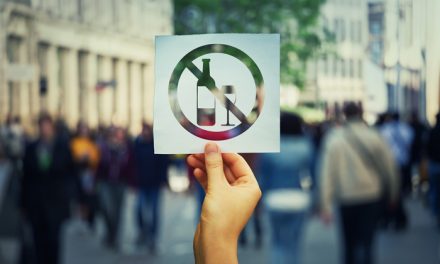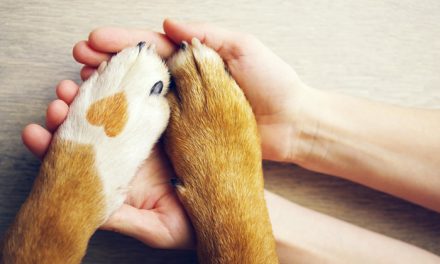The burden of a substance abuse disorder is difficult to carry alone, and good relationships are important during recovery. But some relationships are anything but helpful. If you find yourself in a toxic relationship, it is important that you end it as quickly as possible for two related reasons. First, you should never allow an abusive relationship to continue, whether it’s physically, emotionally, or psychologically. And second, the negativity of a toxic relationship may well put you at increased risk of relapse.
What Makes a Relationship Toxic?
While the characteristics of a toxic relationship might seem almost too obvious to mention, it is important to note that arguments and disagreements can be part of a healthy relationship. Make sure you don’t abandon productive relationships just because a friend of family member sometimes says “no” to you or is honest with you when they are disappointed or angry with you.
But if disagreements turn violent or if a person is consistently cruel to you or lies to you repeatedly, or if a supposed friend isolates you from others or spreads rumors about you, then you are in a toxic relationship. And while it might be hard—especially if you feel love or affection toward the person in question—ending that relationship should be your first priority.
Easier Said Than Done
Of course, it is one thing to recognize that a relationship is detrimental to your life, health, and ongoing sobriety. It is quite another to take the steps necessary to separate yourself from someone and move on without them.
But once you have realized what must be done, you can take positive steps to extricate yourself from the relationship. For example, making a list of the ways in which the relationship is negative may help strengthen your resolve. Practicing the conversation—with a friend, family member, or even just in the mirror—can give you confidence that you can get through it and can express yourself calmly and clearly. Arranging for the conversation to take place in public and/or while a trusted friend is present can help ensure your safety as you break the news.
When the moment comes, be calm and concise, be ready to listen to what the other person has to say (as long as they can do it in a respectful manner), and be resolute in your decision.
It Might Feel a lot Like the Recovery Process
Once you have told the person that you are ending your relationship, there are still plenty of challenges ahead. And those challenges might remind you of your substance abuse disorder and your ongoing recovery process. You might be sorely tempted to return to the relationship, even though you know that isn’t the right thing to do.
One quick way to lessen the temptation is to break off contact completely. If you are living together, move out (and don’t go back when the person is home). Unfriend the person on Facebook (and unfollow them on other social media platforms). Erase their contact information from your phone (and block their number if they try to reach out to you). Stay away from places you used to go together (and be prepared to walk out of any place they walk into, whether it’s a restaurant, a movie theater, church, or the grocery store).
Just as in recovery, you will want to rely on your support network of positive relationships. You may want to take up a new hobby (or get back to an old one) to distract you from thinking about the toxic relationship. You might find meditation or yoga or art classes or any number of things helpful as you commit to staying away from the person who was making you miserable.
The Relationship Might Be Over, But You Are Not Alone
Sometimes when everything seems to be going wrong, it feels like you are facing an insurmountable challenge that no one else understands. But the fact of the matter is that toxic relationships are far more common than anyone would like. So common, in fact, that there is even a wikiHow article on ending them (written, fortunately, by a Licensed Independent Clinical Social Worker).
In short, there is no reason to feel shame about finding yourself in a bad relationship—and certainly no reason to blame yourself. Instead, focus on getting out of the relationship and looking forward rather than back.
Your Relationship with Us Will Never be Toxic
The Aviary Recovery Center, located near St. Louis, Missouri, is committed to forging healthy relationships with people who need treatment for substance abuse disorders and ongoing support as they are in recovery. We have the expertise to help, the compassion necessary for true care, and the resources to help you build a firm foundation for lasting sobriety.










